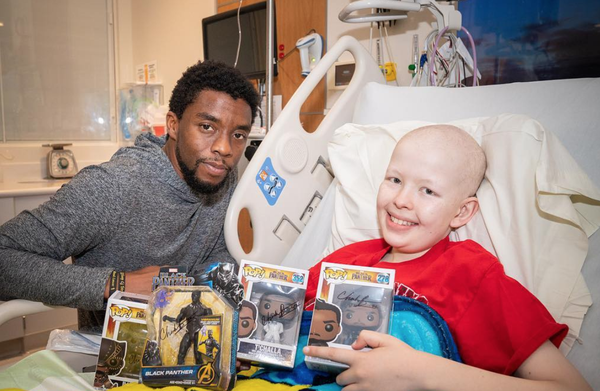A beast need not be a towering figure with claws as sharp as razors and eyes that sit like flaming coals in the depths of a massive face. A beast can be something much different; far quieter, yet more menacing; far smaller, yet more omnipresent.
Cancer may be a silent killer, but by no means has it gone unnoticed - it has received more publicity in the past 50 years than almost any other disease, and for good reason. Each year, approximately 7.6 million people die from cancer worldwide, (That’s about 21,000 a day) and over 12 million will be diagnosed (That's about 33,000 a day). To show our support for curing cancer we pour hundreds of millions of dollars annually into research, we sport nifty little multi-coloured ribbons, and we form myriads of organizations, associations and support groups.
But what is cancer? Is cancer some monolithic killer which will one day be no longer? Will we “cure” cancer with a novel radiation technique or some panacea chemotherapy drug? Is cancer even approachable as a single problem or do we need to break it down to be successful?
I believe the answers to these questions are yes and no. Cancer ought not be seen as an indomitable beast, but rather a family, a family of the worst kind composed of a kin-line of some of the most fatal diseases this world has ever known. This family contains members like the gender-oriented matriarch and patriarch, breast and prostate cancer (respectively), the troublesome young kid, childhood leukemia, and the habit-addicted uncle, lung cancer, just to name a few. But I have indeed only named a few - how many are there? How large is this family, truly? How many cancers can you name without doing a web search?
I’ll break the suspense since nobody actually tried to name cancers - the number is well over 150, a figure which ranges (depending on who you ask) from 150 to 250 (The National Cancer Institute lists around 250 on their website). With such an extensive family, I re-state the question for your pondering: Can we really lump cancer together into a single idea - a single beast to overcome?
Moving forth on the idea that cancer is indeed a family, one must come to realize that like all families, it must have a family surname, and for that purpose I have chosen the name Carcinos. Carcinos comes from the Greek word for crab, a term coined by the great Hippocrates (A man often considered the “Father of Medicine”) to describe what he saw in his patients.
In future articles I hope to provide greater insight into some of the members of this Carcinos family and describe to you, my readers, information in a succinct and fun (yet always informative) manner. I hope that through these articles we shall be able to promote change where it is necessary, learn how to avoid non-hereditary risk factors for developing cancer, and overall, gain a better understanding of the disease which has afflicted our world for millennia (I may have to do an article on the history of cancer as well if for nothing more than to simply explain this final statement).





















